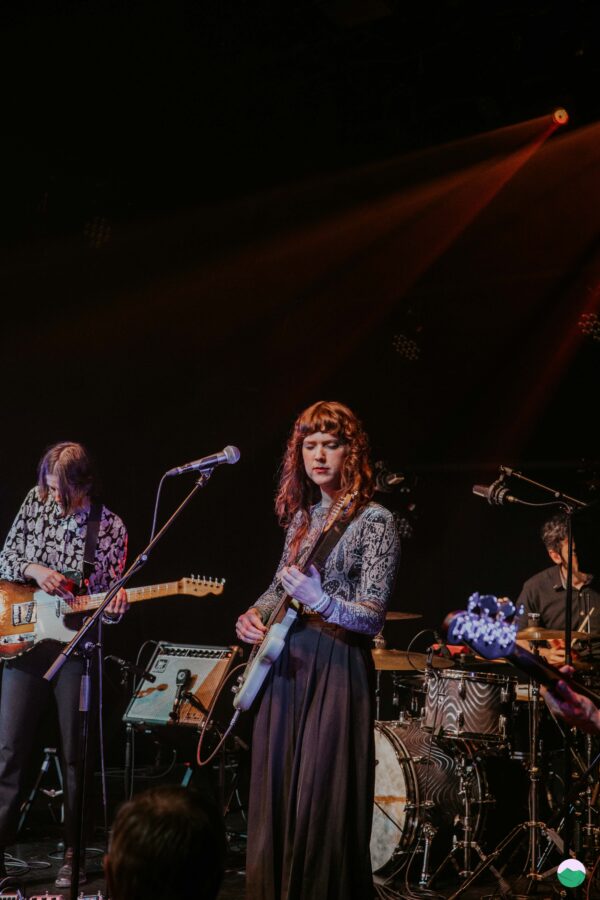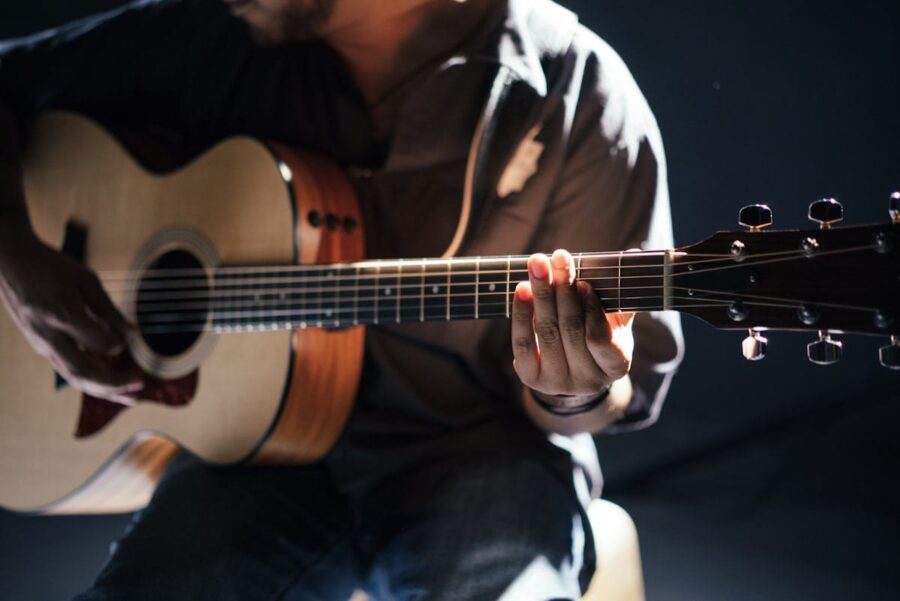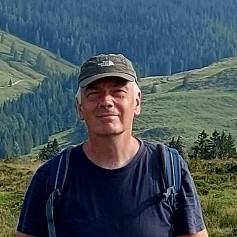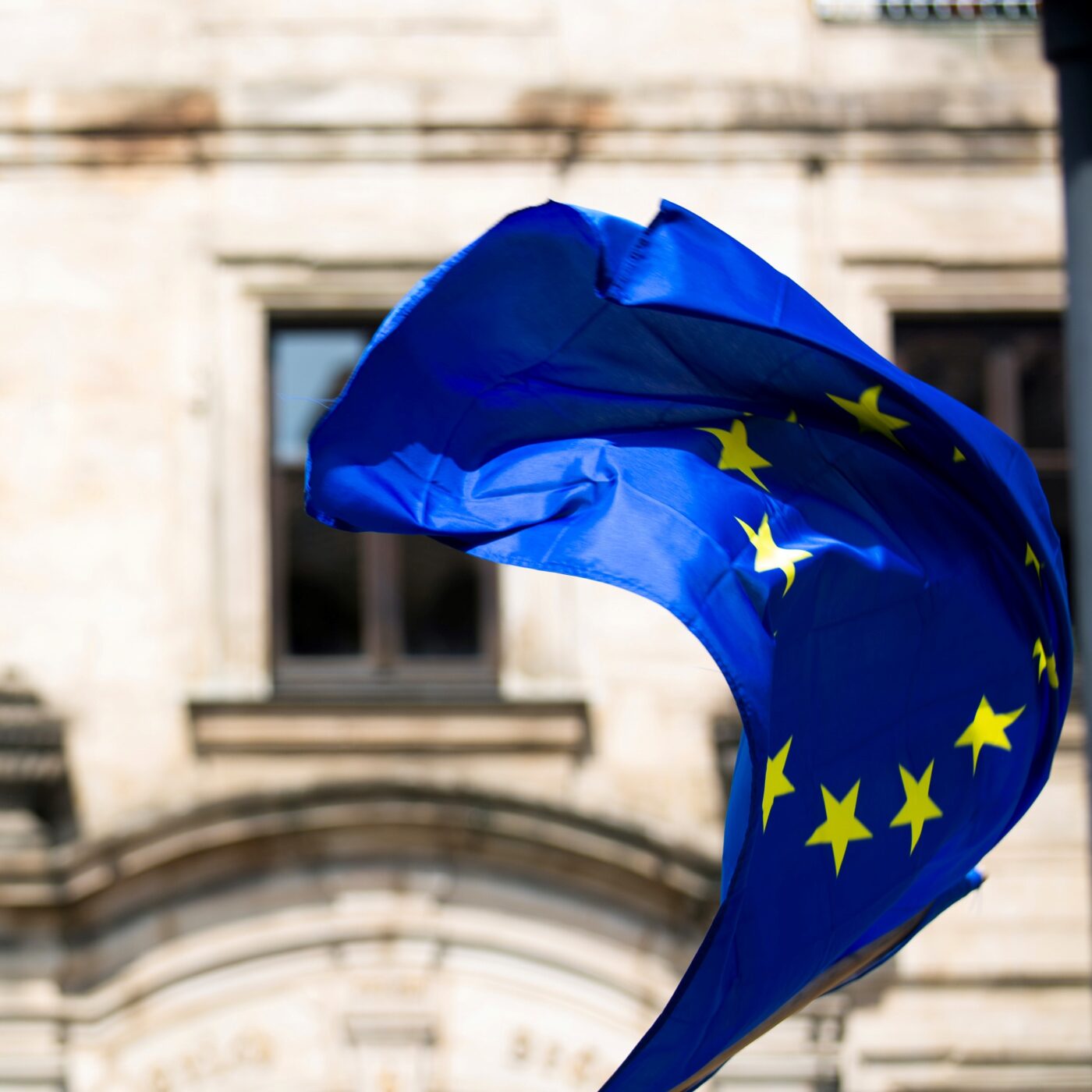
With Valérie Drezet-Humez, head of the European Commission’s Representation in France, and on the occasion of Europavox Campus, Europavox takes stock of this European Year of Youth, which has opened up many promising prospects.
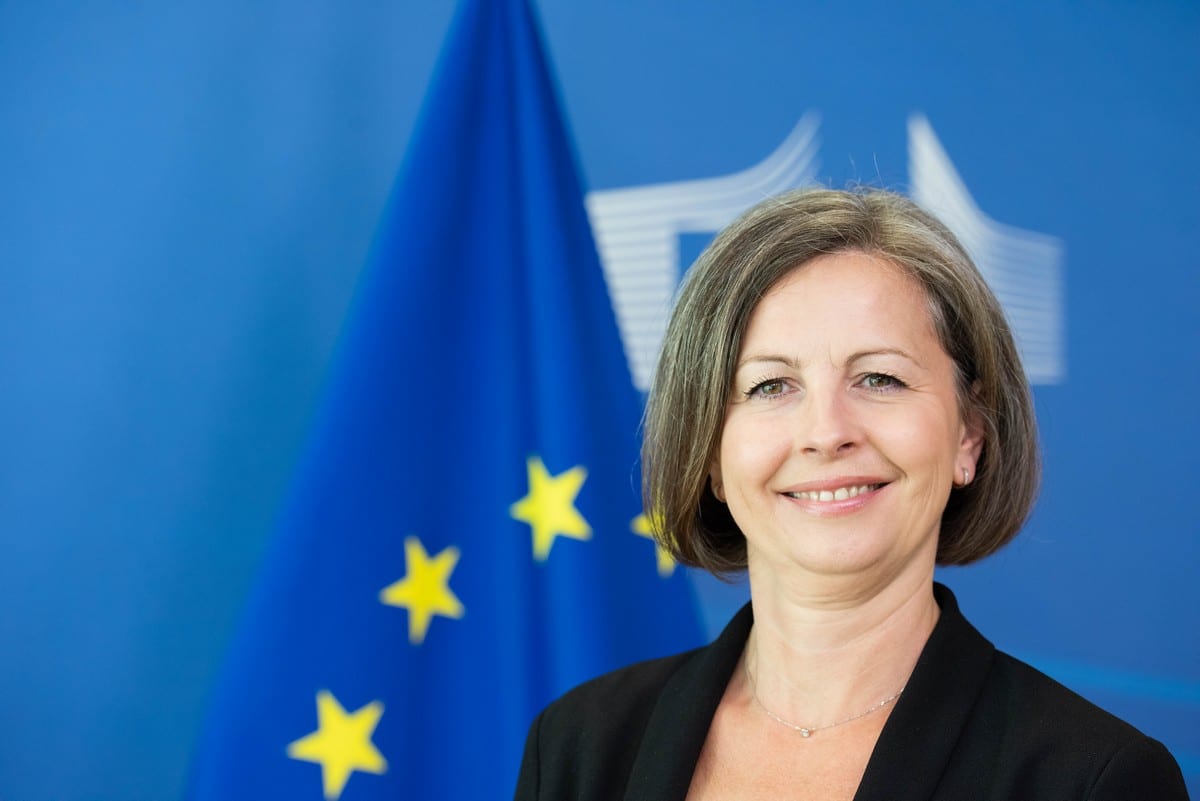
The European Year of Youth is coming to an end. What do you remember about it?
Valérie Drezet-Humez – In all the EU Member States, more than 8,500 activities took place, and reached a fairly large and varied public, because young people are not monoliths. Young people were given a voice in an interactive and creative way, through platforms for them to express their wishes and hopes, and to enter into dialogue with European Commissioners. At our local level, the European Commission’s Representation in France went to schools, high schools and universities, but also to music festivals, notably Rock en Seine and the Europavox festival, with the idea of bringing the European Union closer to the real wishes of young people. It is therefore a balance sheet filled with optimism, while naturally bearing in mind that all this must not stop on 31 December – the innovative projects that have been launched need to continue. Europe is a living project that cannot develop if young people do not take it up. For me, this year has been a springboard that should not end at the end of these 365 days.
What did you find out at these NextGenerationEU stands that you held at different music festivals?
Let them come and see us! This desire to discover is already an important thing, which proves a formidable open-mindedness. When you come to a concert, it’s not easy to stop and enjoy a less musical moment. We offered, for example, quizzes and a virtual reality experience on institutions and we felt a real desire to learn, to exchange as well, with a lot of benevolence. At Rock en Seine, many British people came to meet us to talk about their regret at no longer being part of Europe. I hadn’t anticipated this at all. For the other European visitors who were next to us and who heard these conversations, it was an opportunity to reflect together on what we have within Europe and what we risk losing by leaving it. This desire to discuss, this willingness to engage and to understand seems to me to be very encouraging for young people’s citizenship reflexes.
The campaign highlighted a greener, more inclusive and more digital future…
These are priorities for the European Union as a whole. These themes resonate particularly with young people, especially the green pact, the commitment to the climate, or the digital transition. Moreover, they open up the idea of entering the labour market. I mentioned the importance of making our appeal to young people last: we must remember that 2023 will be the European Year of Skills and that integration into the workplace is a major challenge for young people. All these ambitious European objectives are crucial both for our planet and for the preservation of a Europe that allows for prosperity, social equality and development for everyone. We wanted young people to be actors and to see for themselves what roles they could play to help achieve these goals.
Do these young people who are involved in the European project only come from a background where these values have been transmitted to them by their family or their school career?
Not only. Some people have had much less exposure to the EU and are quickly committed despite this. I have seen this, for example, in apprenticeship training centres: young people go on a three-week mobility trip to another EU country and, after being confronted with another culture and language for a short time, they come back with a new view of their role. I thought it was fantastic, very powerful even, to see European mobility as a solution to redefine a future, to expand the scope of thinking about what you can do without any barriers. All young people, whatever their social or geographical background, are involved in all their diversity, and this is a great message of hope. Mobility is linked to openness to others. Going to see elsewhere can give us a new compass, take us out of our habits, make us put things into perspective. I believe that it is useful, in this complex and turbulent world, to have elements of comparison. To keep a democracy like the EU alive, it is important to have this knowledge and this openness. Beyond the language barrier, we can understand each other, share certain values, or simply share a moment together over a local dish or local music. – I find this very meaningful because it anchors the European project in the life of each person and it leaves a lasting impression on the hearts and minds of people.
The European Commission’s Representation in France supports our new project Europavox Campus, the first European music springboard in collaboration with four EU universities, which in turn promotes European student mobility. What do you think of this idea of bringing together European students from different specialities around a single collective cultural project?
First of all, it is essential to bring together young people from different countries and different backgrounds around a common project to discover others and enrich one’s own experience through contact with other visions. I think that culture is a great bridge, a very strong lever for creating a sense of belonging. Of course, we need to reflect together on what Europe offers, but I believe that this project will also contribute to the feeling of belonging to Europe and of living together. Music softens hearts, but it is also a unifying element and a very interesting way for everyone, perhaps without realising it, to measure the vivacity of the European project through its culture, through coming together, through creating together. We expect a lot from this project, which has seduced us.


